How much are campsites for campervans in Iceland?
Exploring Iceland in a campervan offers unparalleled freedom and the chance to immerse yourself in the country's stunning landscapes. However, understanding the costs associated with staying at campsites is crucial for effective trip planning.
While camping in Iceland is more budget-friendly than hotels, expenses can still add up—especially during the peak season or when visiting campsites near popular attractions like the Blue Lagoon or Vatnajökull National Park. Most travelers pay between €10 and €20 per person each night, but additional costs such as electricity hookups, hot showers, and waste disposal should also be factored into your overall camping cost. Whether you're traveling with a small camper, a roof tent, or a full-sized motorhome, knowing what amenities are included—and what you’ll need to bring yourself, like sleeping bags or cooking gear—can help you better budget for your campervan adventure around the Ring Road.
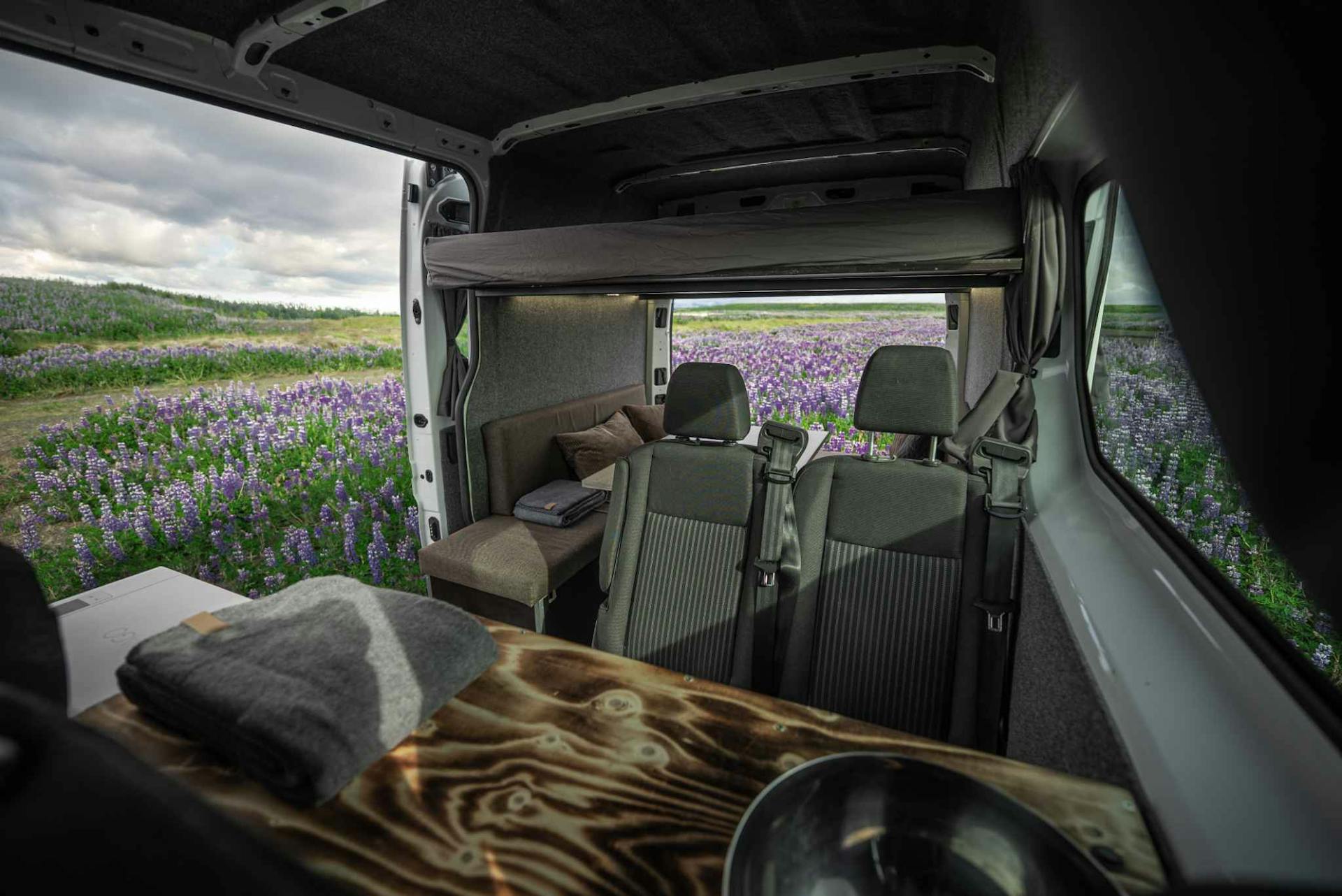
Why Campervan Adventure Camping Is the Ideal Way to Explore Iceland
Choosing a campervan for your road trip lets you travel at your own pace, stopping at natural wonders, hot springs, and charming villages along the Ring Road. You avoid expensive hotels while staying closer to Iceland’s stunning nature. A well-equipped campervan rental can serve as both your transportation and your sleeping quarters, offering flexibility and cost savings throughout your journey.
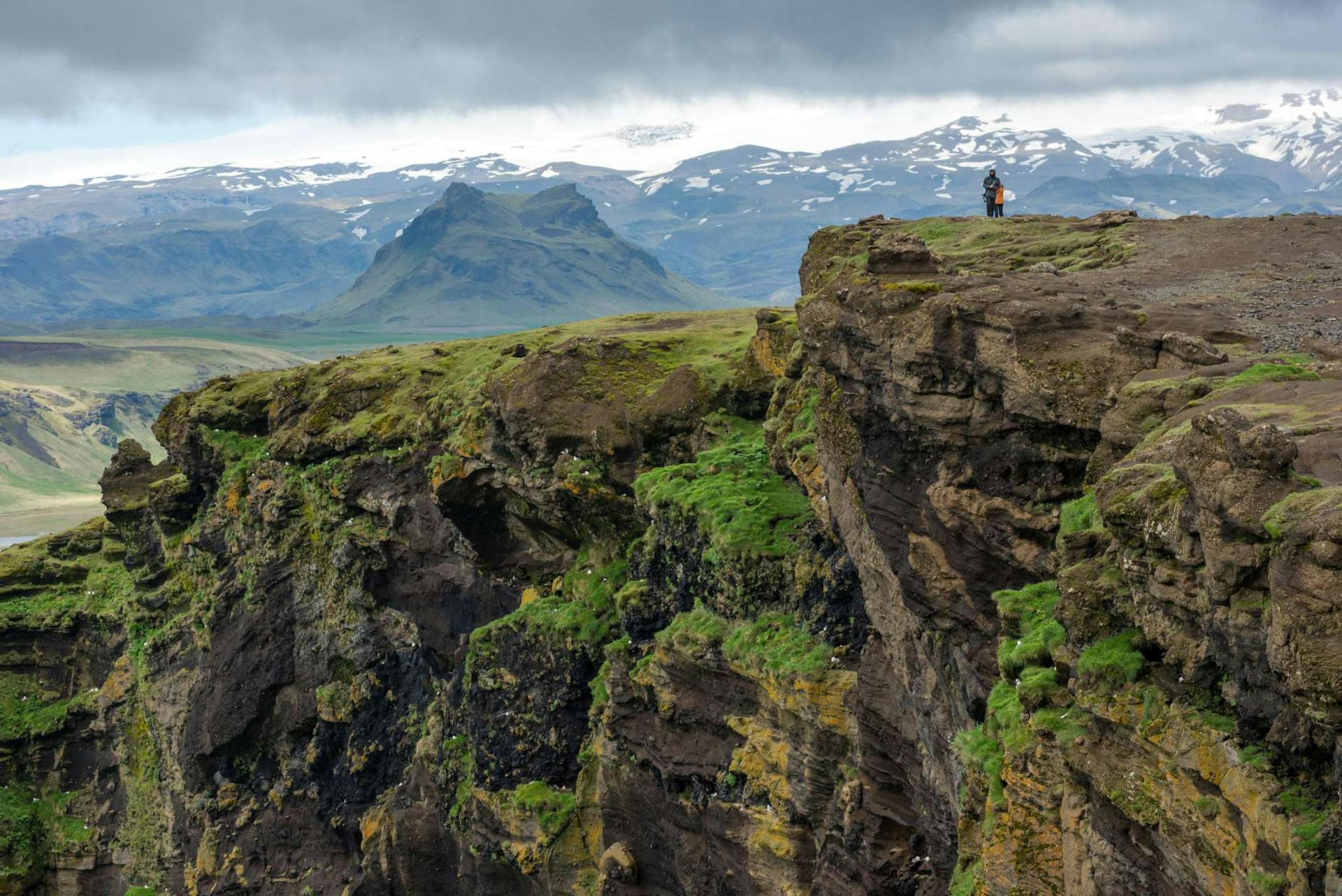
Average Cost of Best Campsites in Iceland
Campsite fees in Iceland typically range from 1,375 to 2,750 Icelandic Króna (ISK) per person, per night, which is approximately €10 to €20. This price range can vary based on the campsite's location, amenities, and the season.
Comparing Campsite Prices Across Iceland
In South Iceland, where popular sites like Vík Campsite, the Blue Lagoon, and Vatnajökull National Park attract large numbers of visitors, prices range on the higher end due to demand. In rural areas and the Eastfjords, however, you’ll find many favorite campsites at the lower end of the camping cost spectrum. Always check what’s included in the nightly rate—such as hot showers, access to electricity hookups, or free Wi-Fi.

Factors Influencing Campsite Prices
Several elements can affect the cost of staying at a campsite:
- Amenities: Campsites offering additional facilities such as electricity hookups, hot showers, laundry services, and Wi-Fi may charge higher fees. For instance, Reykjavík Campsite lists prices starting at 3,285 ISK for tents and 3,555 ISK for small campers, with additional charges for electricity and other services.
- Location: Campsites situated near popular tourist attractions or in urban areas might have higher rates compared to those in more remote locations.
- Season: During peak tourist seasons, typically from June to August, prices may increase due to higher demand. Conversely, off-peak seasons might offer reduced rates.
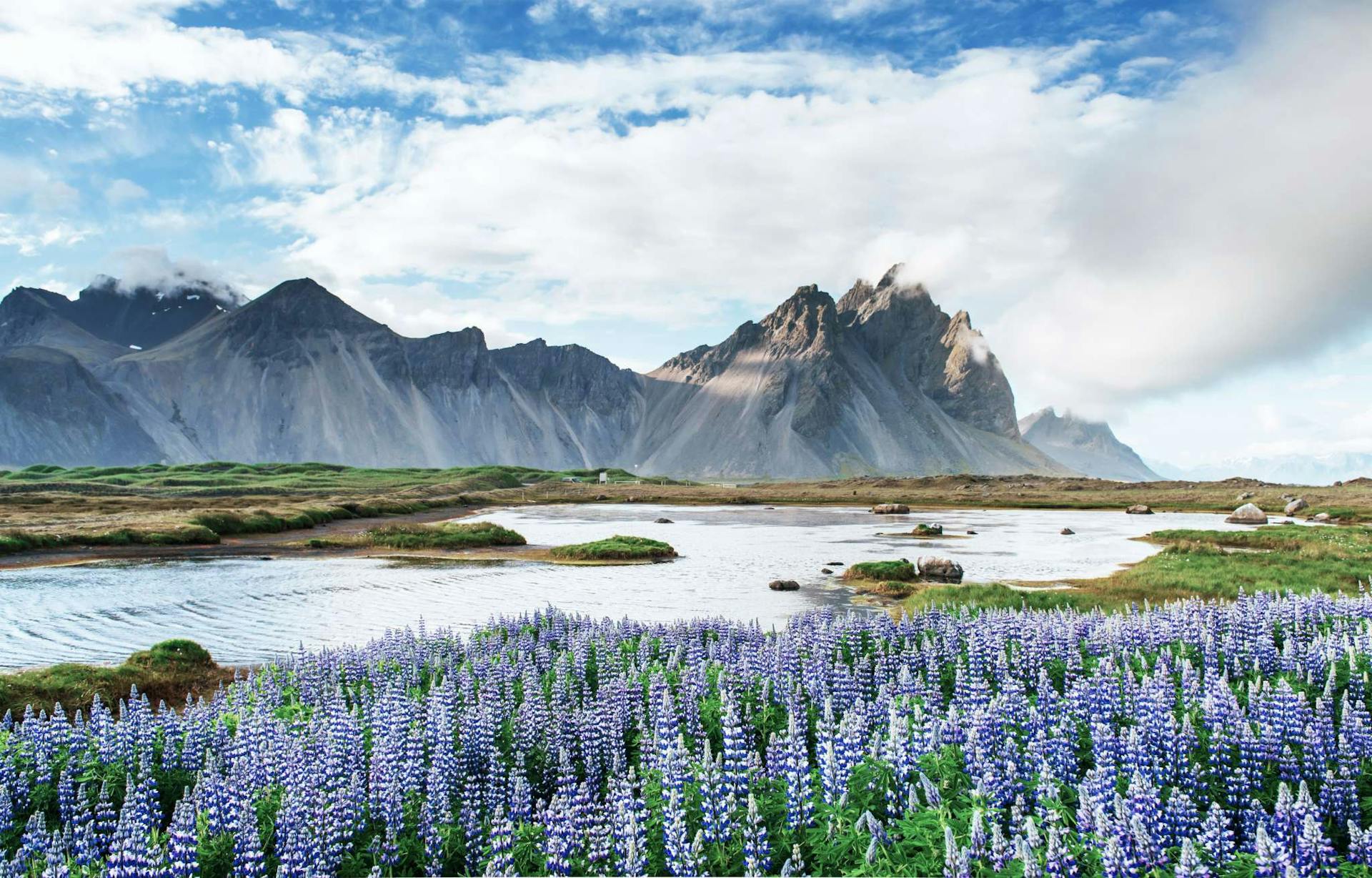
Campsites on the Ring Road: Accessibility and Comfort
Travelers driving the Ring Road benefit from a wide selection of campsites in Iceland spaced out along the route. These designated campgrounds often offer clean restrooms, waste disposal, cooking facilities, and access to geothermal pools or hot tubs. Stopping at these locations also ensures proximity to nearby attractions such as glacier lagoons, volcanoes, or mountain views.
Additional Costs to Consider
Beyond the standard per-person, per-night fee, be aware of potential extra charges:
- Electricity: Access to electricity hookups can cost around 1,000 ISK per night.
- Showers: Some campsites include shower facilities in the base fee, while others may charge approximately 300 ISK for hot showers.
- Laundry: Facilities for washing and drying clothes are available at certain campsites, typically costing around 500 ISK per load.
- Wi-Fi: Internet access may be offered for an additional fee, depending on the campsite.
It's advisable to carry some Icelandic currency in cash, as certain services, like showers or laundry, might require coin-operated machines.
Tent Camping and Roof Tents: Budget-Friendly Options
Tent camping is a great way to experience Iceland’s raw beauty up close—perfect for travelers seeking a deeper connection with nature. Most campsites in Iceland offer grassy tent pitches, designated campgrounds, and access to communal facilities like kitchens, hot showers, and restrooms. It’s one of the most affordable ways to camp while still enjoying the essentials.
Roof tents are another budget-friendly solution to camp, especially popular among those combining a rental car with outdoor adventure campsites. Mounted directly on top of the vehicle, they provide mobility and comfort without the cost of a campervan rental.
For a successful experience, make sure to bring:
- Sleeping bags suitable for changing weather conditions
- An insulated sleeping pad for added warmth and comfort
- Lightweight, portable cooking gear to prepare your own meals
- A waterproof tent or rain cover (weather can shift rapidly)
- A first aid kit in case of emergencies
- Warm clothing and layered outfits, even in summer
- Headlamp or flashlight for darker evenings
Whether you choose a traditional tent or a roof tent for camp, being well-equipped ensures a more enjoyable and budget-conscious camping in Iceland experience.
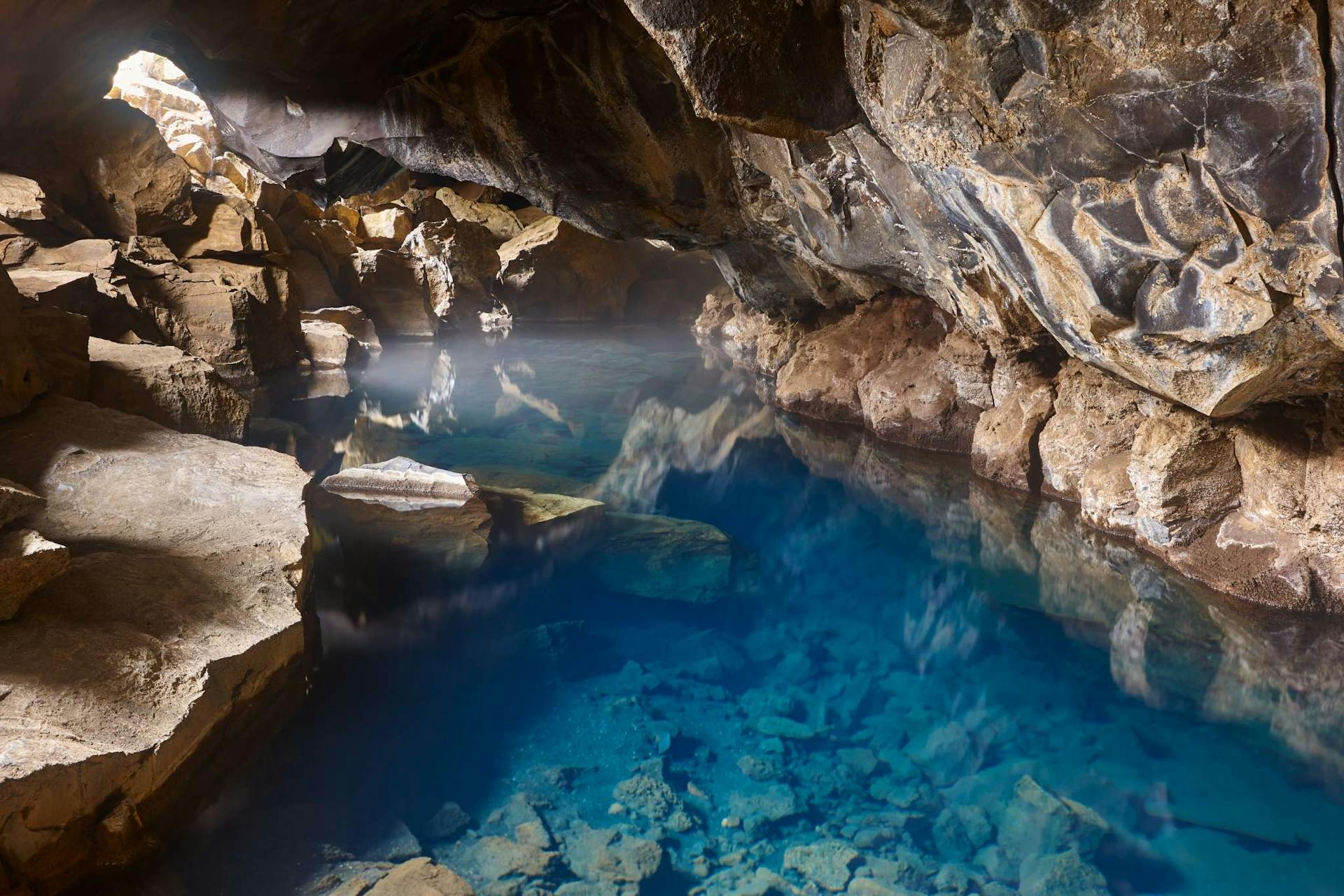
The Camping Card: A Camping Cost-Effective Option
For travelers planning an extended stay or visiting multiple campsites, the Camping Card can be a valuable investment. Priced around 159 EUR, this card grants access to a selection of 37 campsites across Iceland for 28 nights. The card covers two adults and up to four children under the age of 16. However, it's essential to note that not all campsites accept the Camping Card, so planning your route accordingly is crucial.
Save Money with Cooking Gear
Dining out in Iceland can be costly, so many campers choose to cook their own meals using portable stoves or campsite kitchens. This helps save money while giving you more control over your schedule. Stock up at gas stations and supermarkets along the way and use your campervan's kitchen or shared facilities provided at most campsites.
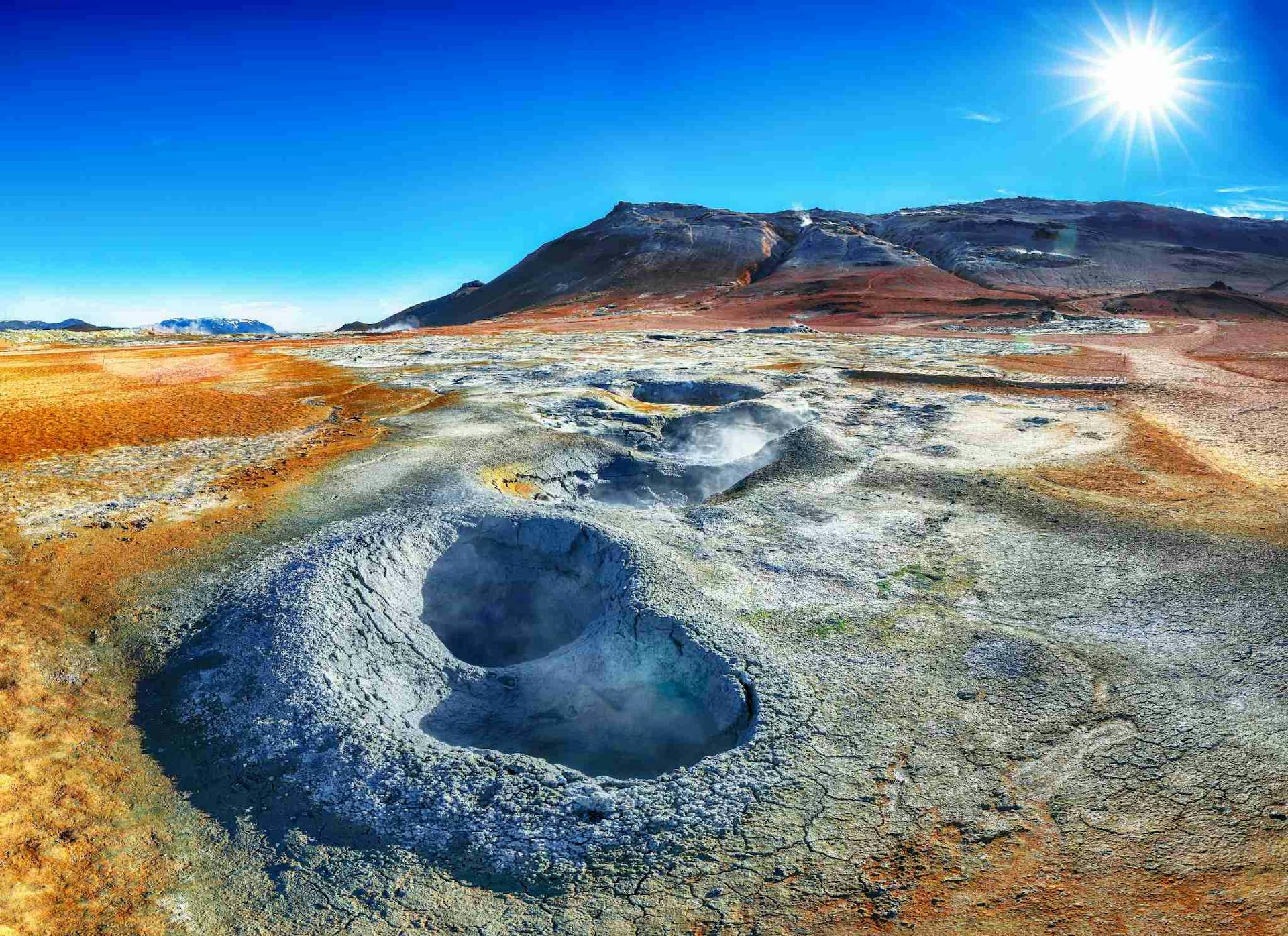
Wild Camping Laws and Why They Matter
Wild camping is heavily restricted in Iceland due to environmental concerns. Travelers in campervans must camp only in designated spots or campsites, especially within a protected area like a national park. Remote spots might be tempting, but camping in Iceland requires responsible behavior and adherence to local regulations to protect the country’s delicate ecosystem.
Winter Camping: Tips for Cold-Weather Campers
Winter camping in Iceland offers a peaceful, crowd-free experience and the unique opportunity to witness the magical Northern Lights. However, it requires careful preparation and the right gear to ensure safety and comfort. While fewer campsites in Iceland are open year round, many along the Ring Road and near urban areas stay operational during winter.
To stay warm and safe to camp, make sure to bring:
- Sleeping bags rated for sub-zero temperatures
- An insulated sleeping pad to prevent heat loss through the vehicle or tent floor
- A fully stocked first aid kit with emergency supplies
- Snow chains or winter tires (required by law in some areas)
- A vehicle with built-in heating or a reliable portable heater
- Extra warm clothing, gloves, and waterproof layers
- A headlamp or flashlight with extra batteries (Iceland’s winter days are short)
- Knowledge of road conditions and weather updates—check daily
- A Parka app reservation for one of the year-round campsites
Proper planning transforms winter camping from a challenge into a cozy, unforgettable campervan adventure under the Arctic sky.
Booking and Availability
In Iceland, most campsites operate on a first-come, first-served basis, and reservations are generally not required. However, during the peak season, especially near popular destinations, campsites can become crowded. Utilizing apps like Parka can help you prepay and book selected campsites, ensuring you have a spot upon arrival.
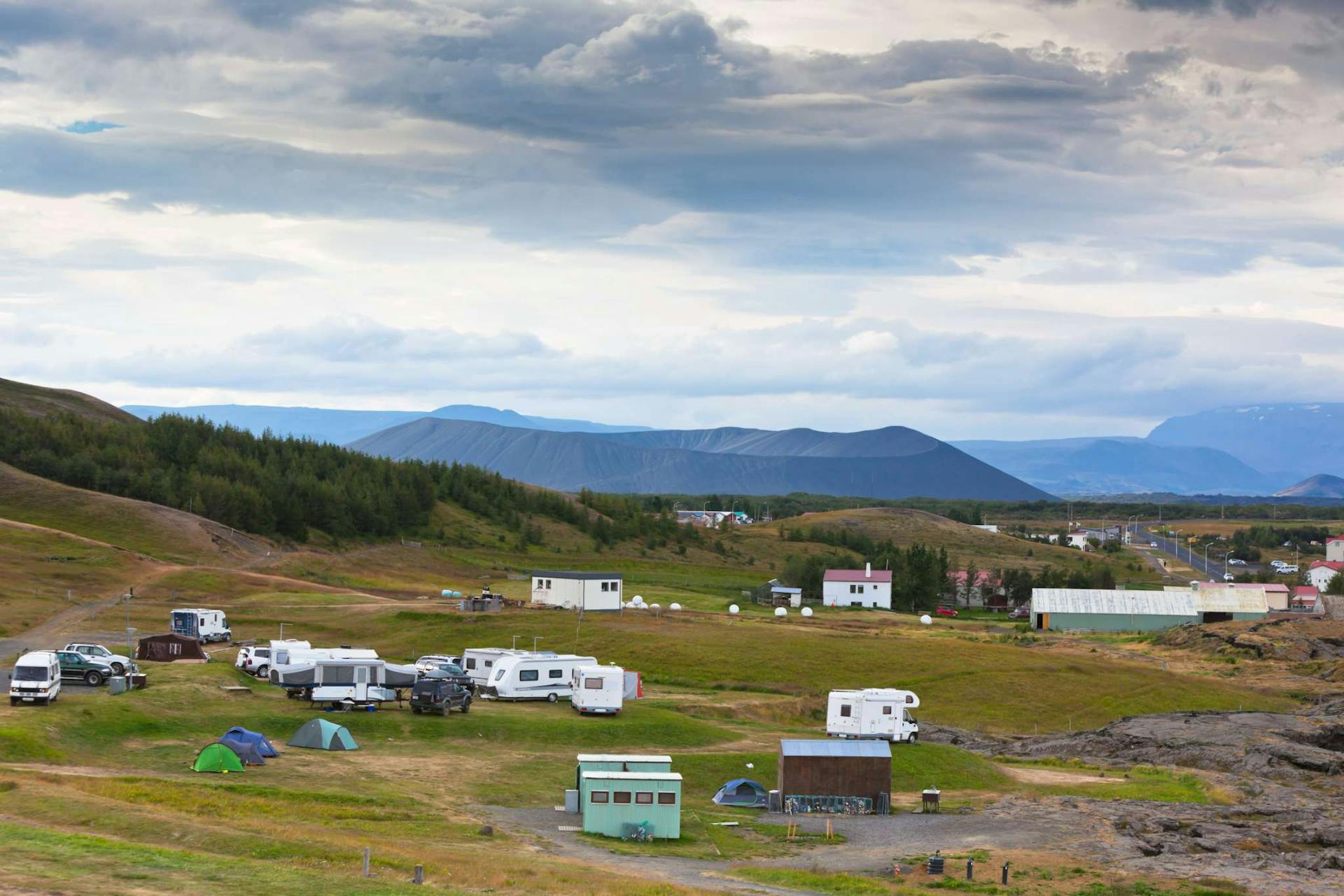
Choosing the Right Camping Spot
Not all camping spots are created equal. Look for campsites with good reviews, proximity to the surrounding area’s attractions, and necessary amenities like hot showers or waste disposal. Some of the best campsites are located within walking distance of scenic wonders like waterfalls, geothermal fields, or cliffs with puffin colonies.
Must-Have Camping Gear in Iceland
Whether you're camping in Iceland during summer or winter, your gear checklist should include: sleeping bags, sleeping pads, layered clothing, a first aid kit, flashlight or headlamp, and cooking gear. Having a well-prepared camping unit ensures safety and comfort in Iceland’s unpredictable weather.
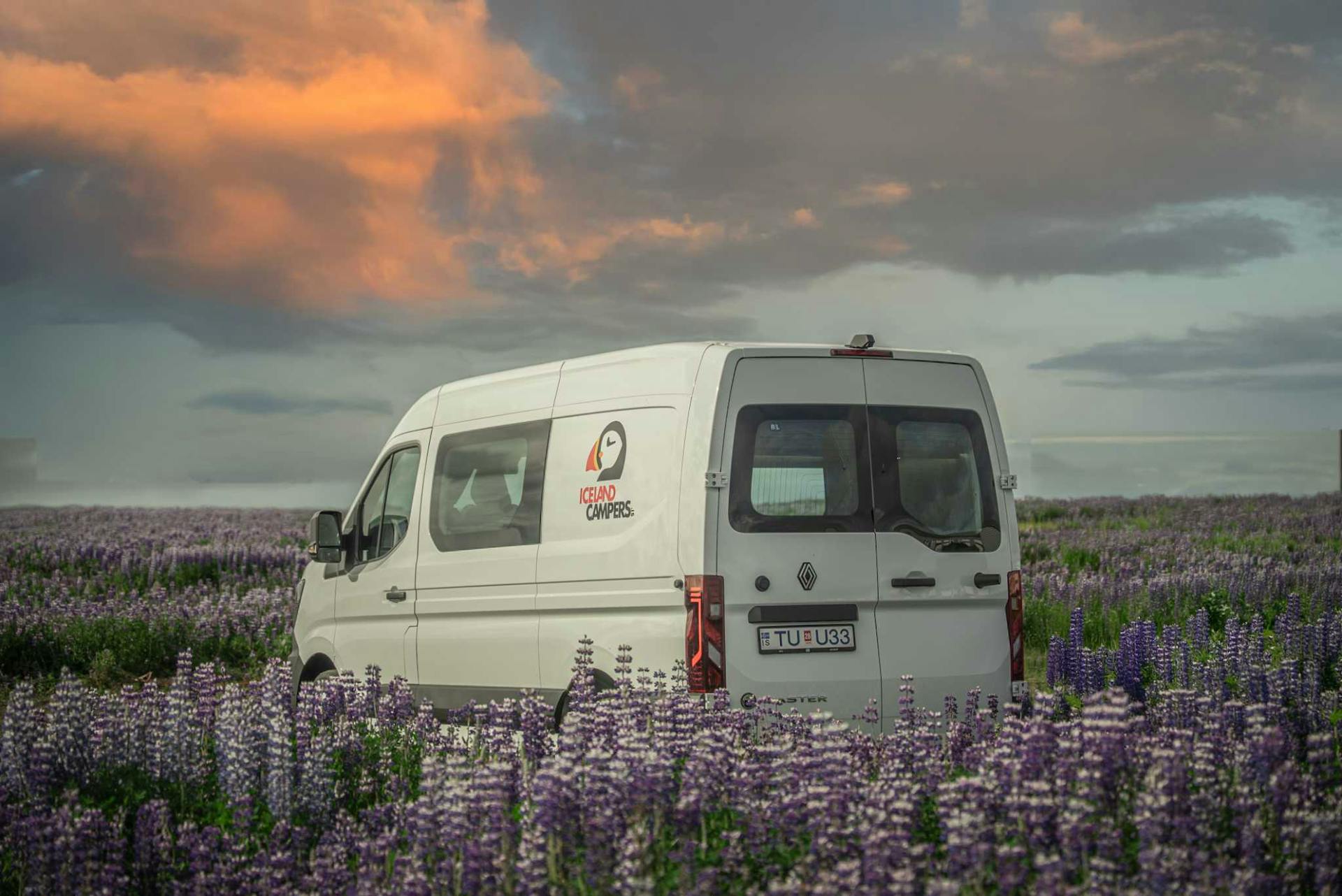
FAQ: Campsites and Camping in Iceland
Can you sleep anywhere in a campervan in Iceland?
No. Wild camping with a campervan is not allowed unless you're in specific designated campgrounds or have the landowner’s permission. Stick to registered iceland campsites to avoid fines and protect the environment.
How much are RV campsite fees?
RV or campervan fees are similar to tent campers, ranging from 1,375 to 2,750 ISK per person per night, with extra fees for electricity hookups, hot showers, or laundry.
Is campervan rental in Iceland worth it?
Yes. A campervan rental gives you unmatched flexibility to travel at your own pace, save money on accommodations, and experience the full beauty of Iceland’s natural wonders.
Are there any free campsites in Iceland?
Some remote areas used to allow wild camping, but these are now limited. Most travelers should plan to pay for campsites. However, the Camping Card can significantly reduce costs over a longer stay.
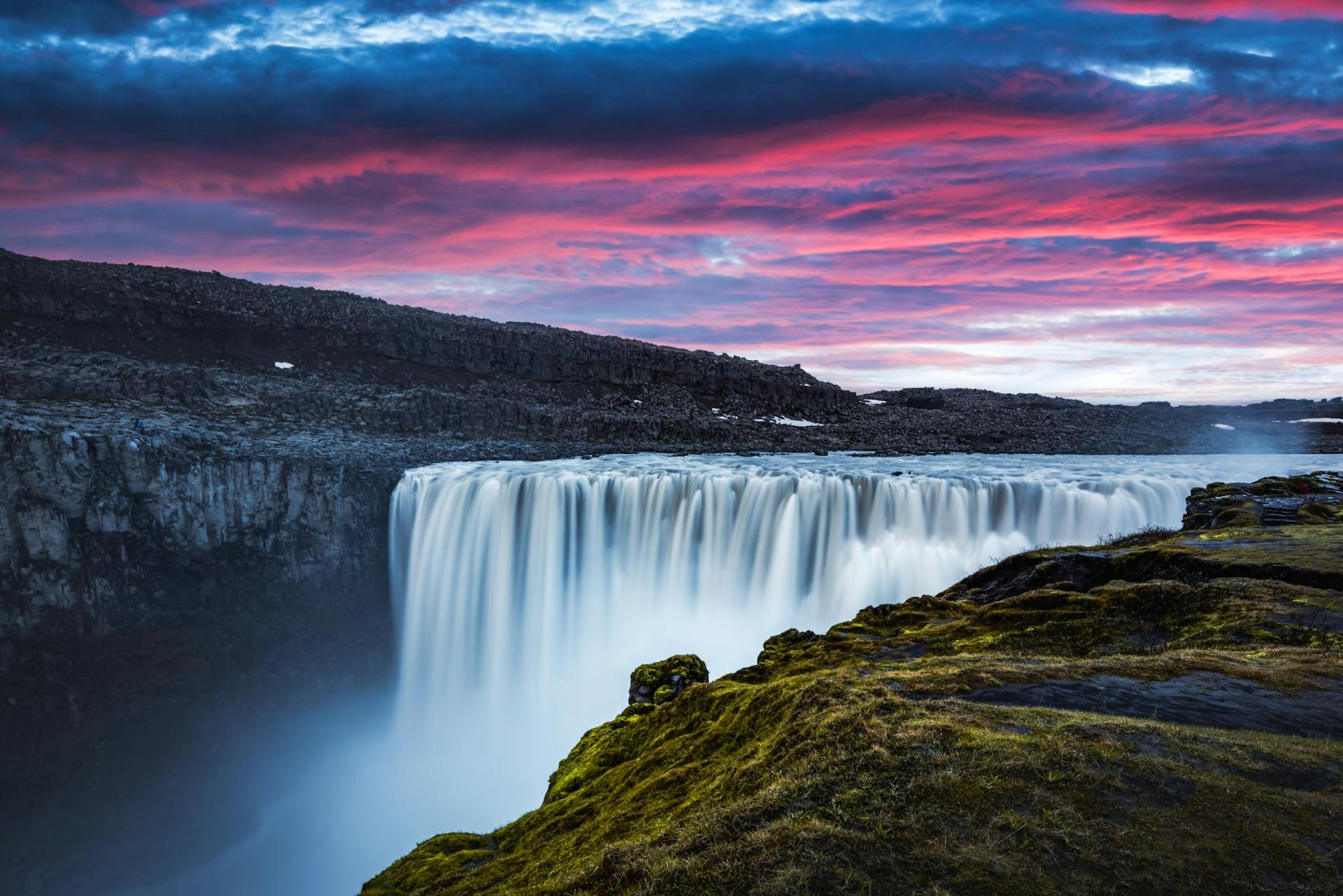
Plan Smart, Camp Better: Make the Most of Your Iceland Campervan Adventure
Understanding the costs associated with camping in Iceland is essential for budgeting and ensuring a smooth journey. By considering factors such as amenities, location, and seasonality, and by exploring options like the Camping Card, you can make informed decisions that enhance your campervan experience.
At Iceland Campers, we aim to provide you with the best resources and information to make your adventure memorable. For more details on campervan rentals and travel tips, browse through our website.